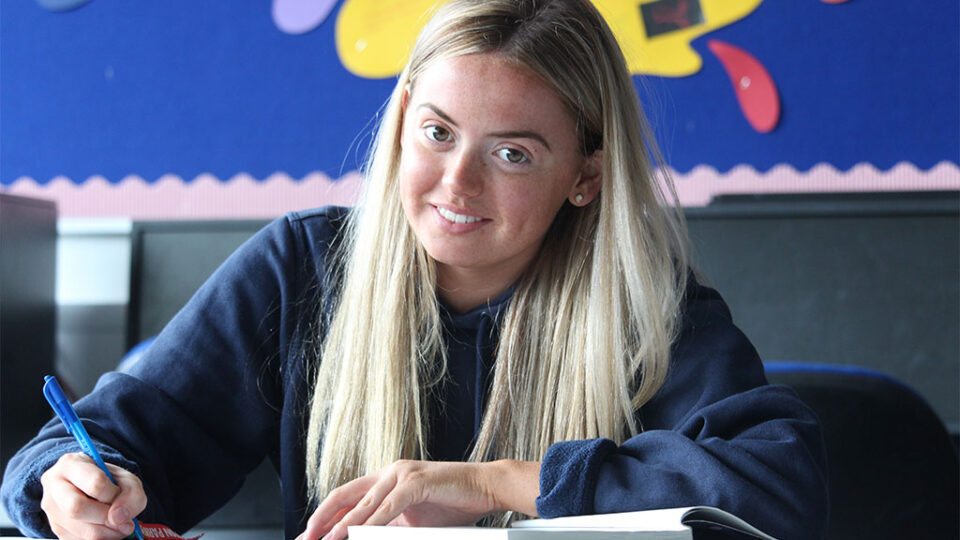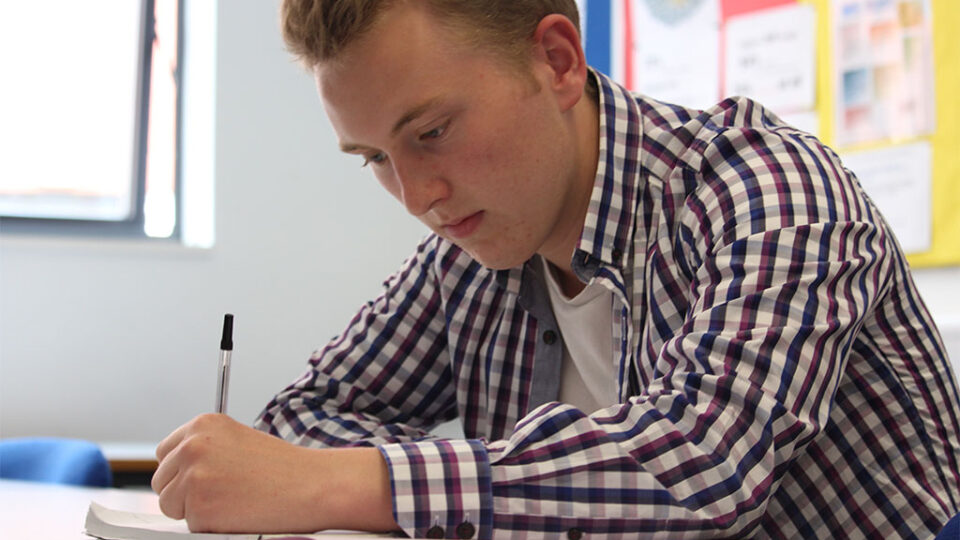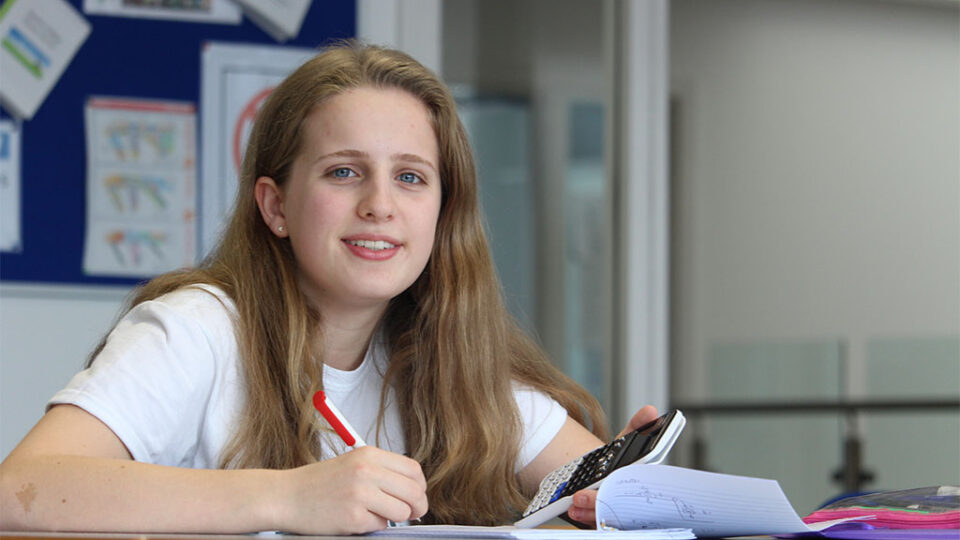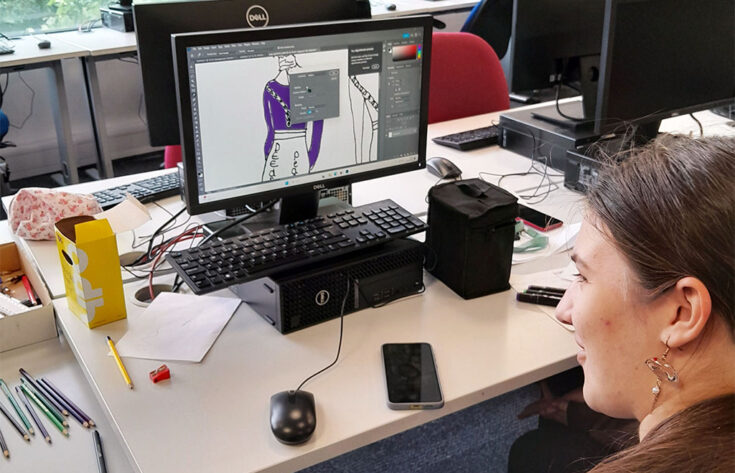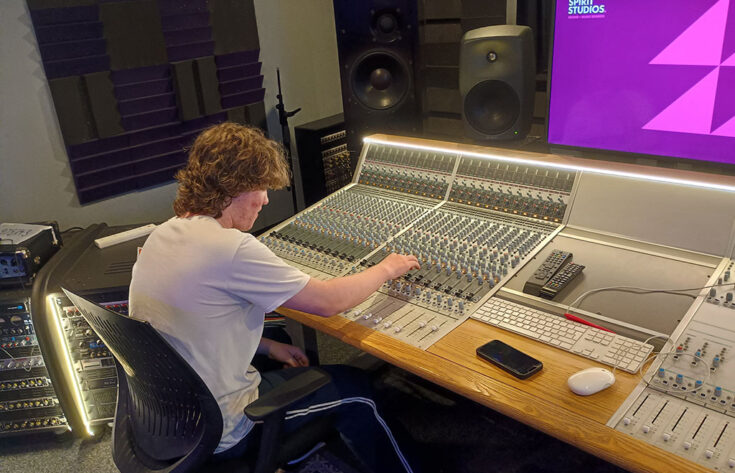Applied Business
Learners will undertake a programme of assessments designed to assess not only their knowledge and understanding of business, but also the way in which this knowledge and understanding can shape their practical skills in beginning to think and realise their own plans about business.
Taking this course will provide the learner with the ability to:-
- Develop a critical understanding of organisations and the market they serve.
- Acquire a range of skills including decision making, problem solving and interpersonal skills.
- Be aware of current structures of business and business practice in different sectors and environments.
- Acquire transferable knowledge and skills for higher education, apprenticeships and employment.
Applied qualifications are graded at Distinction*, Distinction, Merit and Pass. In UCAS points, this is equivalent to A*, A, C and E.
A student taking this subject should be hard working and conscientious and really enjoy producing coursework as well as being strong in exams.
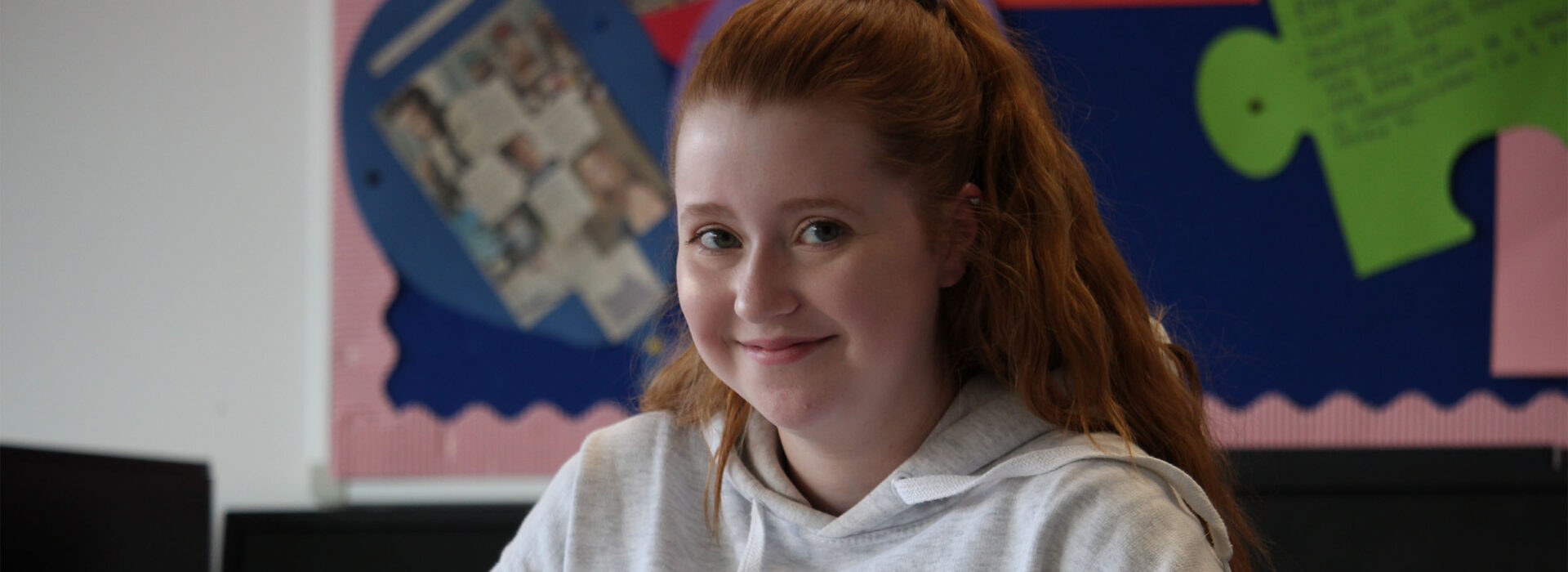
Course Outline:
Unit 1- Financial Planning and Analysis (Exam)- this unit investigates how finance can help plan an enterprise, monitor its progress and analyse financial decisions.
Unit 2- Business Dynamics (Coursework)- this unit develops your understanding of business organisations and how they can use their human, physical and financial resources to achieve their goals
Unit 3- Entreprenurial Opportunities (Controlled Assessment)- this unit will develop your understanding of entrepreneurial opportunities and investigate how individuals can exploit these through personal enterprise, eg by offering a service. You will consider opportunities for your own personal enterprise, for a given context, and propose marketing and operations activities to take advantage of the entrepreneurial opportunity. The unit will require that you apply the business skills and knowledge you have acquired through units 1 and 2.
Unit 4- Managing and Leading People (Exam)- In this unit, you will investigate how managers can organise, motivate and lead employees through organisational change to achieve business objectives.
Unit 5- Developing a Business Proposal (coursework)- In this unit, you will investigate the processes required to develop, present and evaluate a business proposal. The business proposal will require human resources beyond those provided by yourself. You will develop a concise proposal and present this to funding providers. The unit will require you to apply the business skills and knowledge you have acquired through Units 1, 2, 3, and 4.
Unit 8- Marketing communications (coursework)- In this unit, you will investigate the use of marketing communications by small businesses, develop a marketing communications mix for your business proposal and recommend a schedule of marketing communications.
Choosing to study Business can open the door to an exciting range of careers including Events Management, Business Management, International Business, Human Resources, Law, Accounting and Administration. The majority of business students at Aquinas go on to study for a business-related degree. We have former students studying Business at Sheffield, Leeds, Manchester and Nottingham and many other universities.
This could lead you onto an Apprenticeship or University Degree.
The core skills required to succeed in Business, such as written and oral communication, analysis of data and evaluative skills are essential in the workplace. This course helps to develop these core skills.
The department takes part in a variety of subject and unit related trips, as well as providing industry insight from a range of guest speakers. There is the opportunity to get involved in the widely recognised Young Enterprise Competition, which provides hands-on experience of running a small business.
There is also an optional trip to New York for students studying subjects within the business department. For more information about this trip please see the Trips and Travel page.


